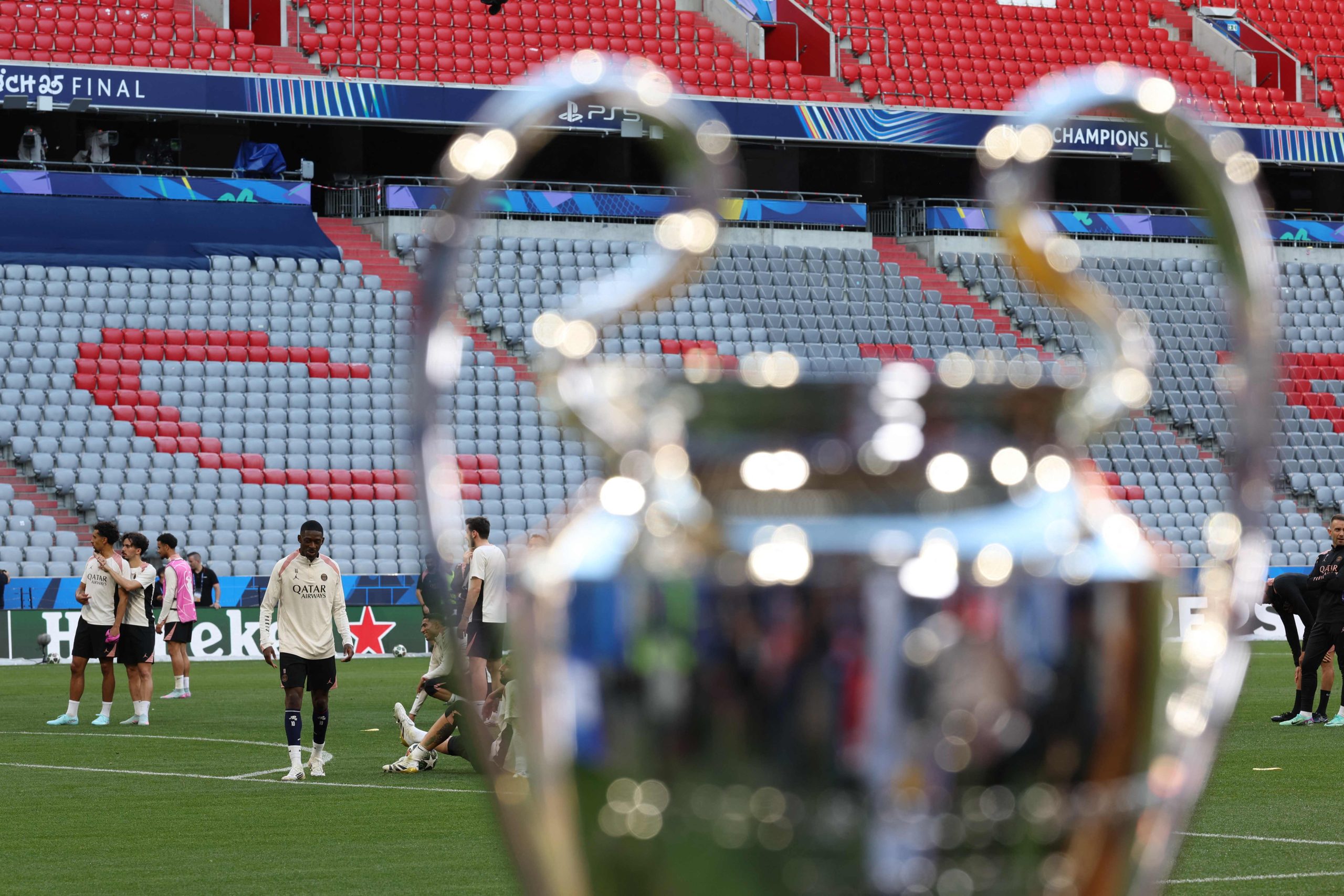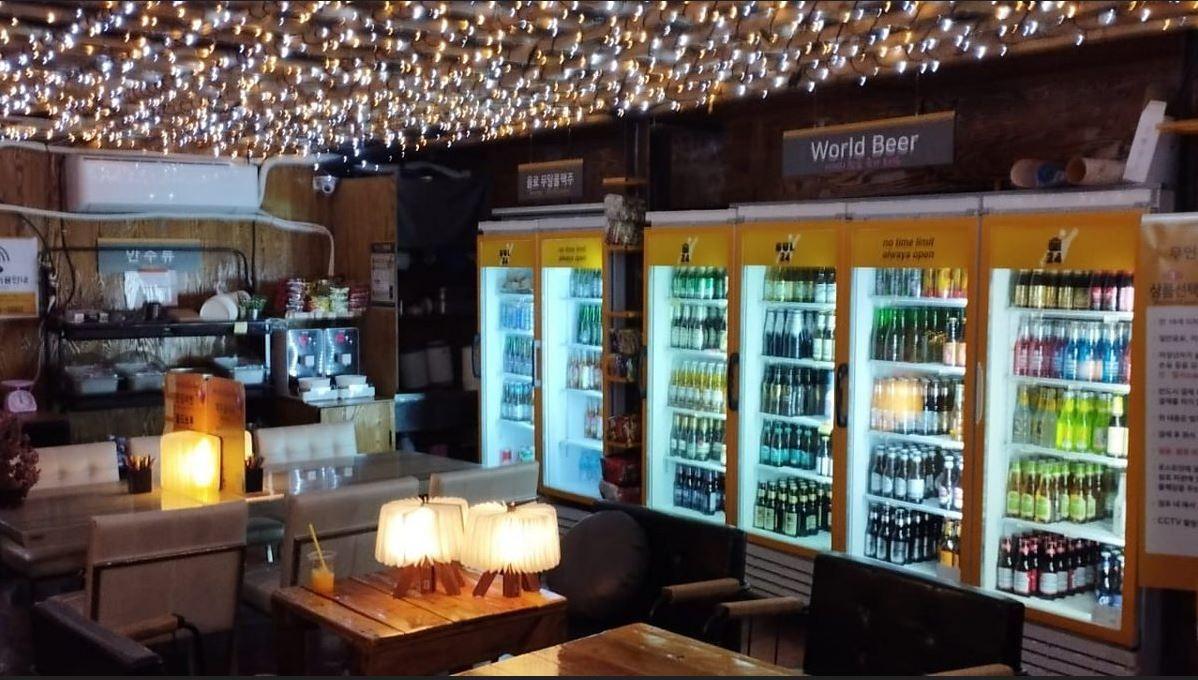Column | A procession of children on their way to ruin
:format(jpeg):fill(f8f8f8,true)/s3/static.nrc.nl/bvhw/wp-content/blogs.dir/114/files/2019/01/krielaars-michel-online-homepage.png)
At the Spinoza Lyceum in Amsterdam, history teacher Cees Koole had set up an exhibition about the thirty -nine Jewish students who were sent out of school during the Second World War and had to go to the Jewish Lyceum introduced by the Germans. Almost half of them, from whom I know seven, would survive the war in hiding. The now 97-year-old Maurits van Witsen, my wife’s uncle, is one of them.
Clearly as always, he recalled memories prior to the opening of that exhibition at his two years in that Jewish Lyceum. He thought it was pretty pleasant, gained high marks and took the teachers in the school newspaper. Only he went crazy about his history teacher Jaap Meijer, who wanted to convert his students to Zionism. At one point they had had enough that they threatened to jump in the Amstel and to be baptized to Christianity. Uncle Maurits also told how he and his older sister Judith were no longer allowed to go to their school by bike or tram, but had to walk from Amsterdam-Zuid to the other end of the city. During that long walk, more and more fellow sufferers joined them. That cinematic image of those procession children is no longer releasing me. And in my imagination I was reinforced by the recently published Still storm from Peter Handke.
This work by Miek Zwamborn reads by the Austrian writer as a combination of a stage text, a novel and a language game. The storyteller sits on a bench on the heath and lets his whole dead family come by: his mother, her three brothers, her sister, and his grandparents, simple Slovenian farmers in the countryside of Carinthia. During the Second World War, those brothers are incorporated into the Wehrmacht and fight against Slovenian partisans on the other side of the border. One of them died in Russia, the other in Yugoslavia, the third deserts and joins the partisans, just like his sister, and disappears in the woods.
The narrator, who is now older than his grandparents, is the only one who still remembers his family members. He dreams of them and commemorates them. They prefer not to have that, because they then feel called to account by someone who has escaped their world. But because there is no one else, they still invite him to the ‘family photo’.
His unmarried mother has to become pregnant with him. Not from a slovenian, but from a German soldier, the enemy she never saw after that one night. Her child is the later narrator, who will always feel an outsider. It is not without reason that he speaks different from his family of German. Or as his mother says after her death after her death: « My son who would never belong to us the family, the clan, you fatherless, who is looking for a deputy, support and light with your forefathers. »
The Austrian Slovenians call themselves a people of suffering. The grandfather finds nothing tragic about that. « Tragedy assumes that you have taken action, » he says. And that has never been the case. Previously you have to speak of anti-tragic. At that moment I suddenly saw that procession of Jewish children passing by on the way to school and I realized how great their tragedy was. Also because almost no one stood up for them.


/s3/static.nrc.nl/images/gn4/data133009942-8ac92b.jpg)
:format(webp)/s3/static.nrc.nl/wp-content/uploads/2024/12/20123214/data125690560-fdc759.jpg)



